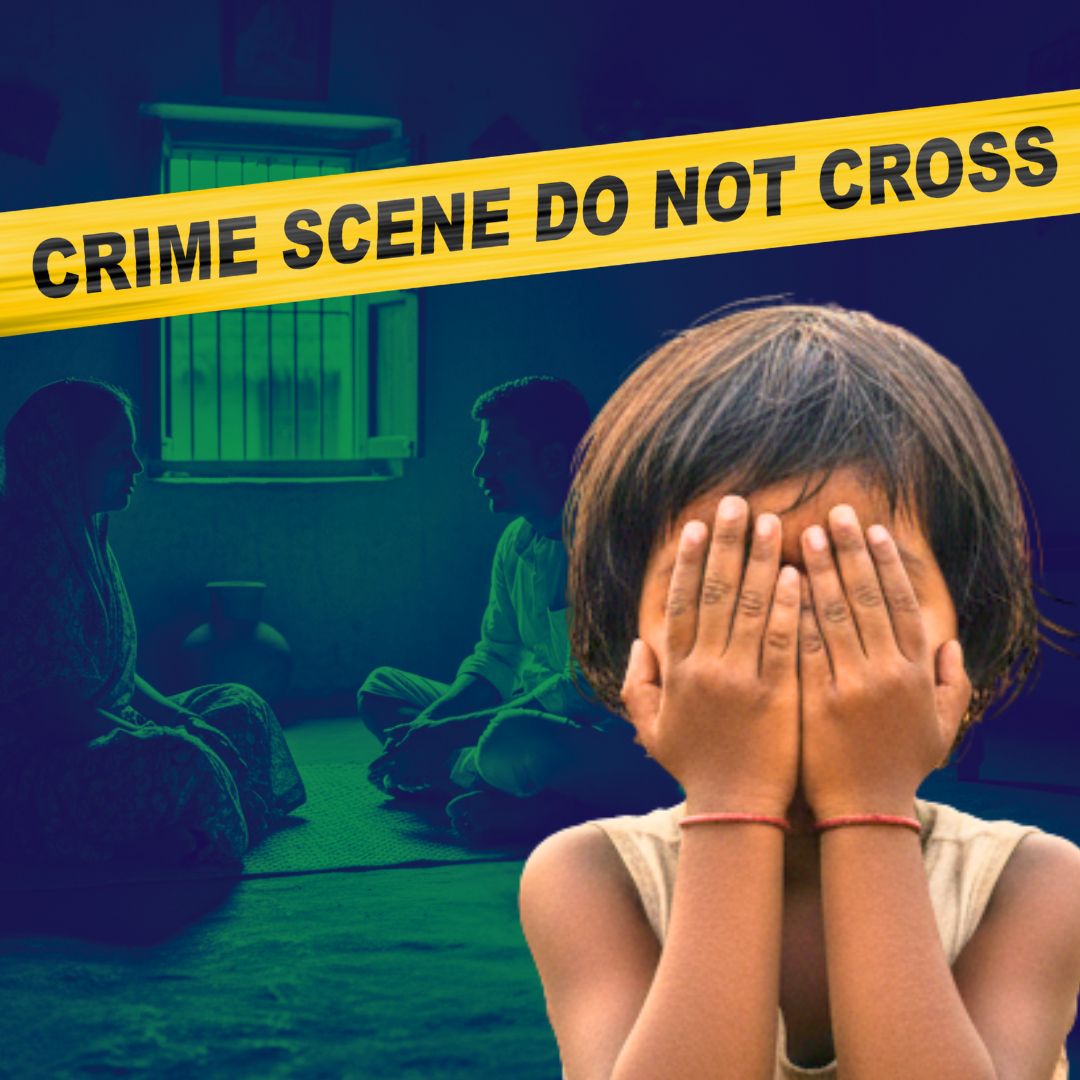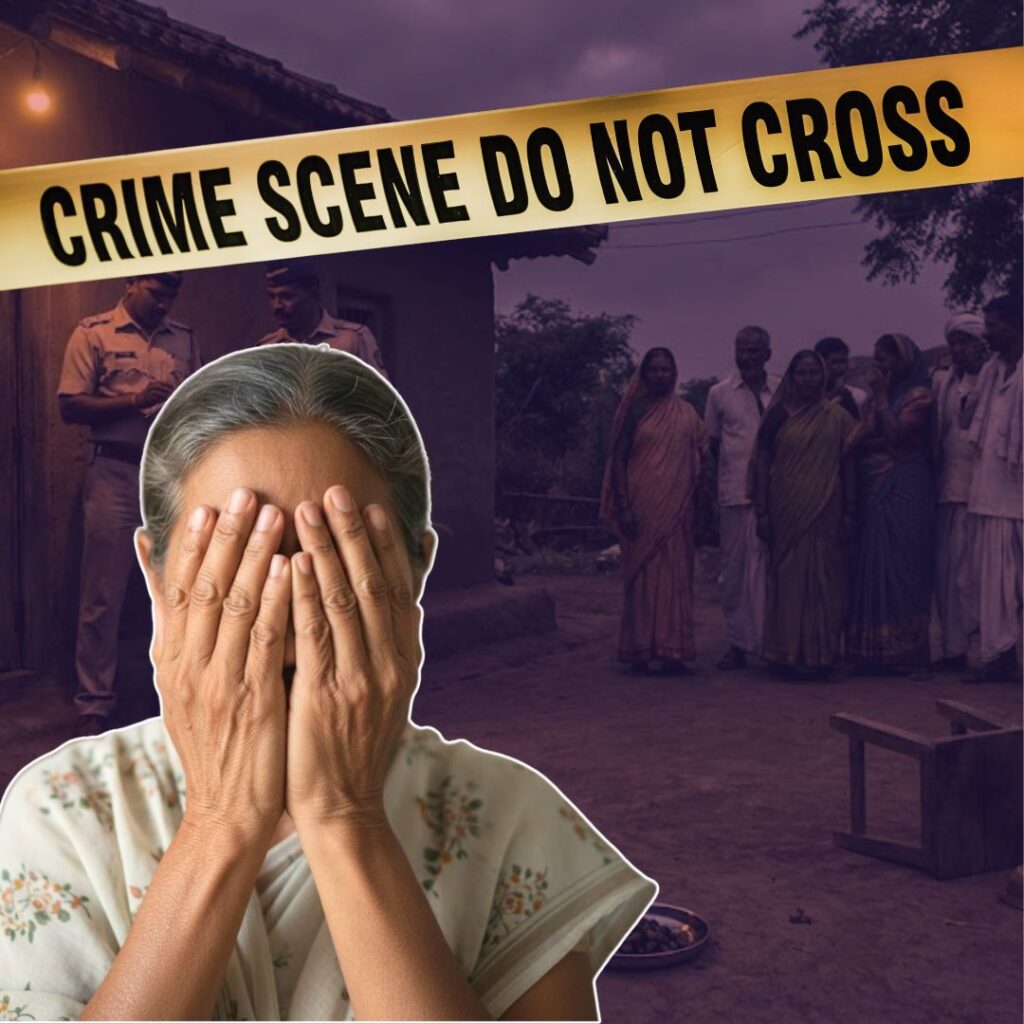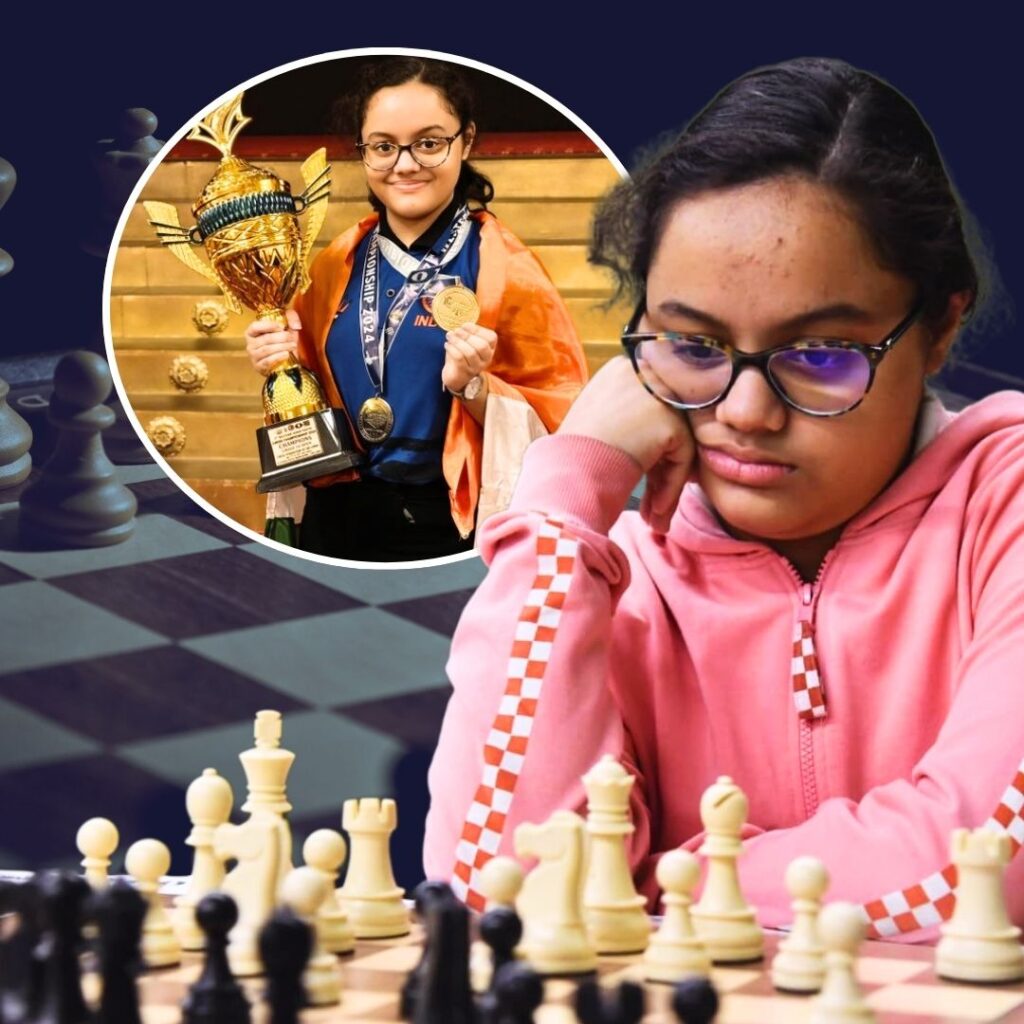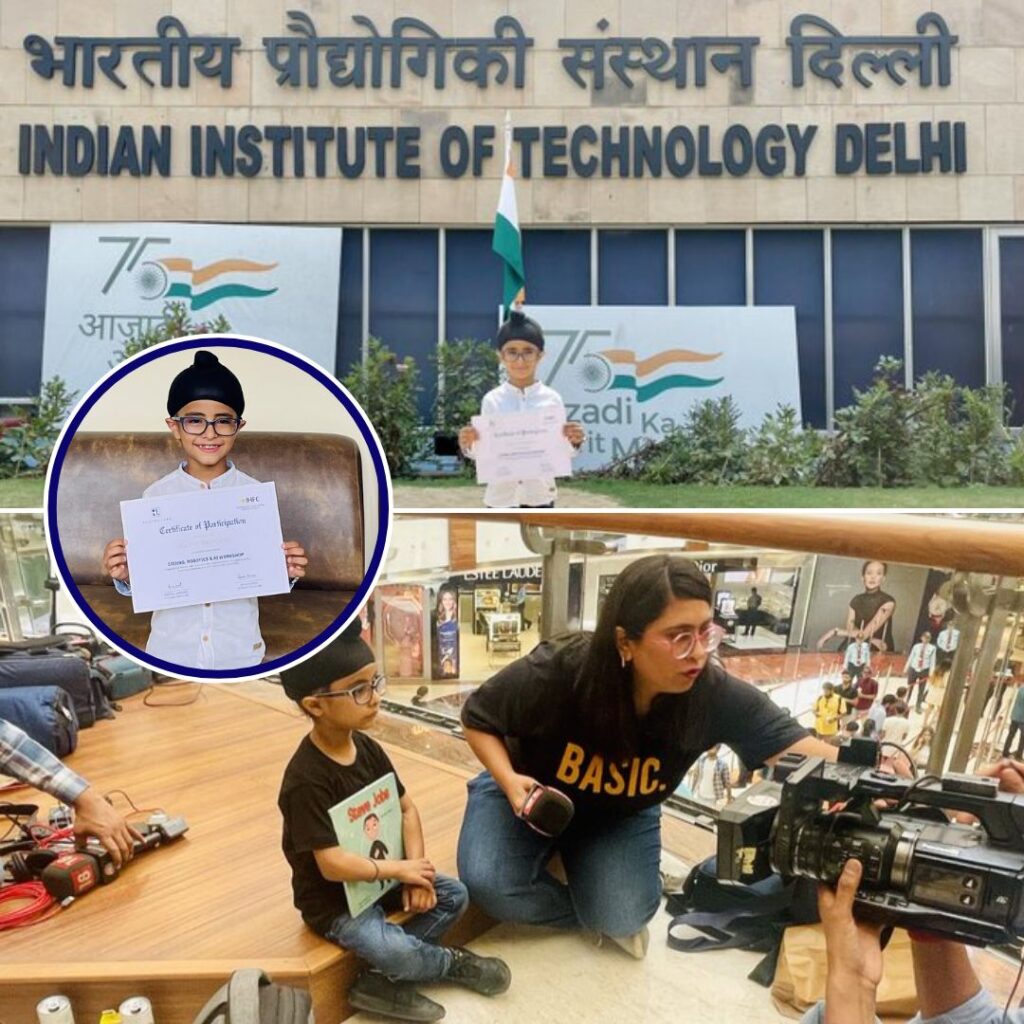In a disturbing incident from Telangana’s Medak district, a two-year-old girl named Tanusri was allegedly murdered by her own mother, Mamatha, and her lover, Fayaz. The tragic incident took place near Shebashpalli village, part of Shivvampet mandal, and was uncovered by local authorities on Friday.
Police reports reveal that the child was killed because she was considered an “obstacle” to the illicit relationship between Mamatha and Fayaz. After the act, the accused buried the child’s body near a stream on the outskirts of the village. This crime came to light after a missing person complaint was filed by Mamatha’s father, Raju, when both Mamatha and her daughter vanished in early June.
Investigation and Confession
Authorities began a rigorous investigation following the complaint lodged at Shivvampet police station. The police quickly traced Mamatha and Fayaz to Narasaraopet in Andhra Pradesh. Upon questioning, both accused confessed to killing the toddler on June 7 and hiding the body close to their native village. The child’s decomposed body was exhumed on the day of discovery in the presence of medical professionals who collected forensic samples to further aid the investigation.
Officials revealed that Mamatha, 23, had earlier eloped twice with Fayaz but returned to her parents’ home after objections from her husband, Bhaskar, with whom she had been married for five years and had two daughters. After returning home, Mamatha reportedly continued her relationship with Fayaz, which culminated in the tragic killing.
Community Response and Background Context
The local community expressed shock and grief over the incident. Villagers recounted seeing the mother and child last before they disappeared. The tragedy highlights the vulnerability of children caught in complex adult relationships and the importance of early intervention. Mamatha’s marital discord with Bhaskar, the family’s residence in Siddipet district, and the mother’s repeated elopements with Fayaz all contributed to the background of this heartbreaking case.
This murder reinforces growing concern over child welfare mechanisms in India, particularly concerning children living in troubled family environments or facing neglect and abuse. Experts stress the need for stronger social support structures and greater awareness to prevent such atrocities.
The Logical Indian’s Perspective
This case underlines the urgent necessity of prioritising the welfare and safety of children who often become powerless victims in the wake of adult conflicts. Society must foster empathy, kindness, and collective responsibility to protect its most vulnerable.
The failure to safeguard a child’s life for the sake of adult desires is unacceptable and demands comprehensive social intervention, counselling, and legal safeguards.












